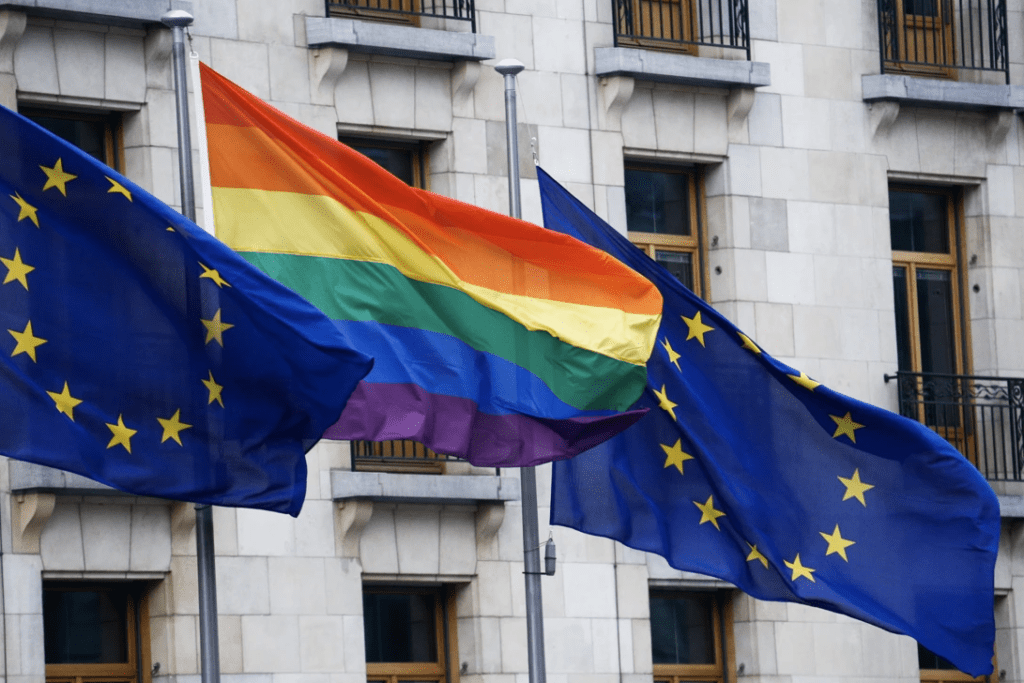Belgium is among 15 EU Member States who are joining the infringement proceedings launched by the European Commission against a Hungarian law it considers discriminatory against the LGBTQ community.
Hungary has already faced heavy criticism for its so-called anti-LGBTQ law, which it introduced in 2021. Initiated by the right-conservative ruling party Fidesz, the law restricts or bans minors' access to the "promotion" of homosexuality or gender reassignment.
European Commission President Ursula von der Leyen called the law a "disgrace" at the time and launched infringement proceedings.
🇪🇺 A total of 15 European Union countries have joined a legal case against Hungary's Child Protection Law, widely criticised as being anti-LGBT. 🏳️🌈
Find out who exactly is part of the case below. 👇 pic.twitter.com/tpTQMbZFhz — euronews (@euronews) April 7, 2023
Since then, 15 Member States have joined the procedure: Belgium, France, Germany, Luxembourg, the Netherlands, Austria, Ireland, Malta, Denmark, Portugal, Spain, Sweden, Slovenia, Finland and Greece. The case is supported by the European Parliament.
'Biggest human rights case'
Belgium was the first country to join the European Commission, followed by Luxembourg and the Netherlands. The Belgian non-profit Forbidden Colours, which supports projects for LGBTQ people, has called the lawsuit "the biggest human rights case in EU history."
In a press release, Forbidden Colours denounced the "lack of leadership from France and Germany" – which both waited until the very last moment to support the lawsuit.
Related News
- Belgium to support EU decision to take Hungary to court over anti-LGBTQ law
- 'Hungarians will not become a mixed race': Orbán's latest tirade sparks new row
- Belgium third place on 'Rainbow Map' for LGBTQ rights
Hungary, in turn, reacted furiously to the Finnish support for the infringement procedure, as Finland announced it just after the Hungarian parliament gave the long-awaited go-ahead for Finland to join the NATO alliance.
"Begging until you get something and then immediately turning your back is not correct behaviour," Hungarian Foreign Minister Tamás Menczer responded on television channel M1.

